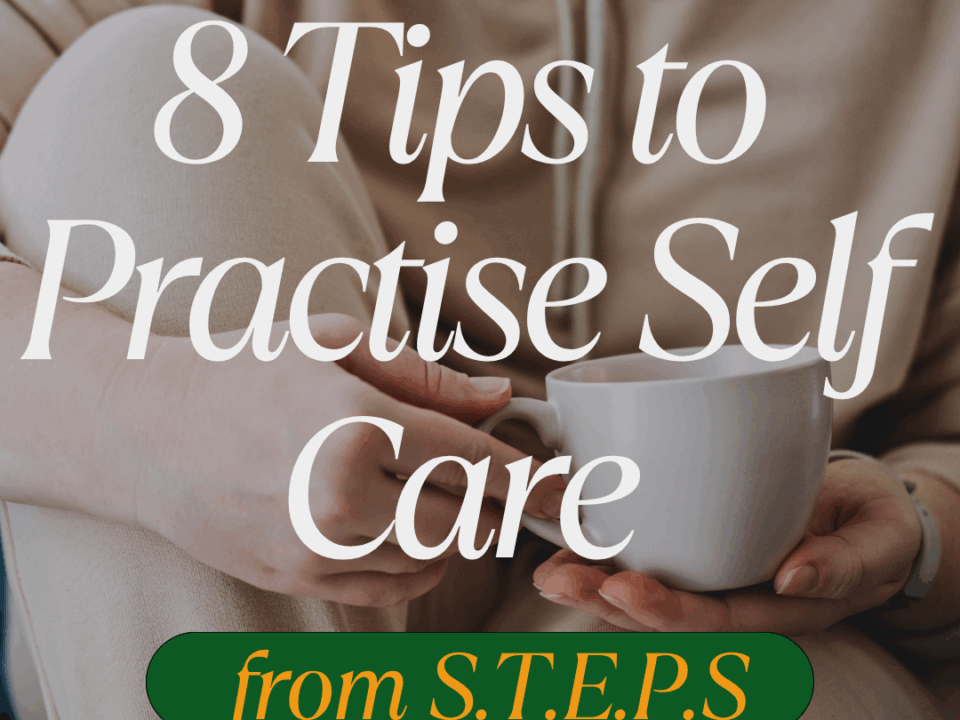
Tea and a Chat with Peer Support Volunteers

EACH Community Open Day
What Counts as Workplace Stress?
It’s normal to feel a bit of stress at work from time to time, a tight deadline, a challenging meeting, or a busy season are examples of situational stress which is usually short-term and often resolves once the situation is over. But when stress becomes a part of your daily life, it’s time to pause and pay attention.
What Is Workplace Stress?
Workplace stress happens when the pressures of your job start to affect your mental, emotional, or physical wellbeing. It can feel like:
• You’re constantly overwhelmed or under pressure
• You can’t switch off — even when you’re not at work
• Your mood, sleep, or health is being affected by your job
• You’ve lost motivation or feel like you’re always running on empty
This kind of stress isn’t just “part of the job” it’s a real health concern that deserves support and attention.
Signs You Might Be Experiencing Workplace Stress
• Dreading the start of the workday
• Feeling anxious, low, or irritable at work
• Struggling to concentrate or make decisions
• Physical symptoms like headaches, fatigue, or stomach problems
• Becoming withdrawn or avoiding work altogether
If this sounds familiar, you’re not alone — and you don’t have to keep pushing through on your own.
Who to Talk To About Workplace Stress
You don’t have to face this by yourself. There are people and services that can help:
• A trusted colleague or manager – sometimes an honest conversation is a good first step
• Your GP – they can support your mental health and discuss time off if needed
• Workplace wellbeing or HR teams – many employers have wellbeing policies or mental health support
• A therapist or counsellor – talking to someone outside of work can bring relief and clarity
• Support organisations – like Mind, Samaritans, or our team at EACH Counselling and Support.
Talking is the first step. Support is out there, and you deserve to feel better.





